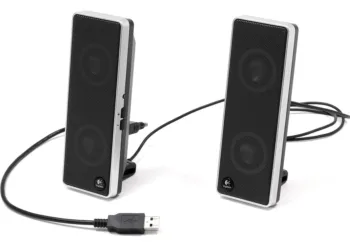A cracked or shattered cell phone screen can be a frustrating experience. Many users find themselves wondering whether it’s more sensible to repair the device or to invest in a new one instead. Before making a decision, it’s essential to weigh the pros and cons of fixing your phone screen.
Factors to Consider When Deciding to Fix Your Phone Screen
Cost of Repair vs. Replacement
One of the first things to consider is the cost involved.
- Repair Costs: Depending on the model of your phone and the extent of the damage, screen repairs can range from $50 to over $300.
- Replacement Costs: A new phone may set you back anywhere from $200 to more than $1,000.
Age and Condition of Your Phone
The age of your device plays a significant role in your decision.
- Older Models: If your phone is several years old, it might not be worth it to spend money on repairs, especially if it may not function optimally for much longer.
- Recent Models: If you have a newer phone, investing in a repair could be more justified, especially if the rest of the device is in good condition.
Emotional Attachment and Usage Needs
Some people develop a personal attachment to their devices, which can influence their decision.
- Familiarity: If you are used to your current phone and enjoy its features, repairing it may be a better choice.
- Loyalty to Brand: If you prefer a specific brand or model, it could impact your willingness to switch.
Benefits of Repairing Your Phone Screen
Cost-Effective Solution
Repairing a screen is often the more economical option for users who want to keep their devices functional without spending much on a new phone.
- Saves Money: Lower repair costs compared to buying a new device.
- Avoids Additional Expenses: You won’t need to purchase new accessories, applications, or transfer data.
Environmental Considerations
Choosing to repair your phone rather than replace it can positively impact the environment.
- Reduce E-Waste: By opting for a repair, you help to decrease the growing issue of electronic waste.
- Sustainable Choice: Extending the life of your device contributes to a more sustainable approach to consumer electronics.
Quick Turnaround
In many cases, screen repairs can be completed quite quickly, allowing you to get back to your daily activities.
- Convenience: Many repair shops offer same-day service.
- DIY Options: If you’re handy, there are many guides available for self-repair.
Drawbacks of Repairing Your Cell Phone Screen
Potential for Future Issues
While you may fix the screen, other underlying problems may not be addressed.
- Other Damage: If the device has suffered other internal damage (such as to the battery), repairing the screen may not solve all problems.
- Limited Lifespan: Older phones may have outdated software and hardware, limiting their overall functionality after a repair.
Warranty Considerations
Repairing a device can potentially void any remaining warranties.
- Manufacturer’s Warranty: Check if fixing the screen through a non-certified shop affects your warranty.
- Insurance Implications: If your phone is insured, consider whether using insurance for repairs is a better financial choice.
Repair Will Not Guarantee Performance
A repaired phone may not perform as well as a new one.
- Quality of Parts: If high-quality parts are not used, you might end up with a subpar screen.
- Functional Problems: Other issues can arise post-repair, leading to an unreliable device.
Alternatives to Repairing Your Screen
If you decide against repairing your screen, you may want to explore some alternatives.
- Trade-in Programs: Many manufacturers offer trade-in options that give you credit toward a new device.
- Upcycling: Consider donating or recycling your old phone instead of simply throwing it away.
- Budget Models: If you opt for a new phone, consider entry-level models to minimize expense while still upgrading your technology.
Choosing whether to repair your cell phone screen or invest in a new device can be a challenging decision. By weighing the variables involved and assessing your own personal circumstances, you’ll be better positioned to make an informed choice that fits your needs and budget.










